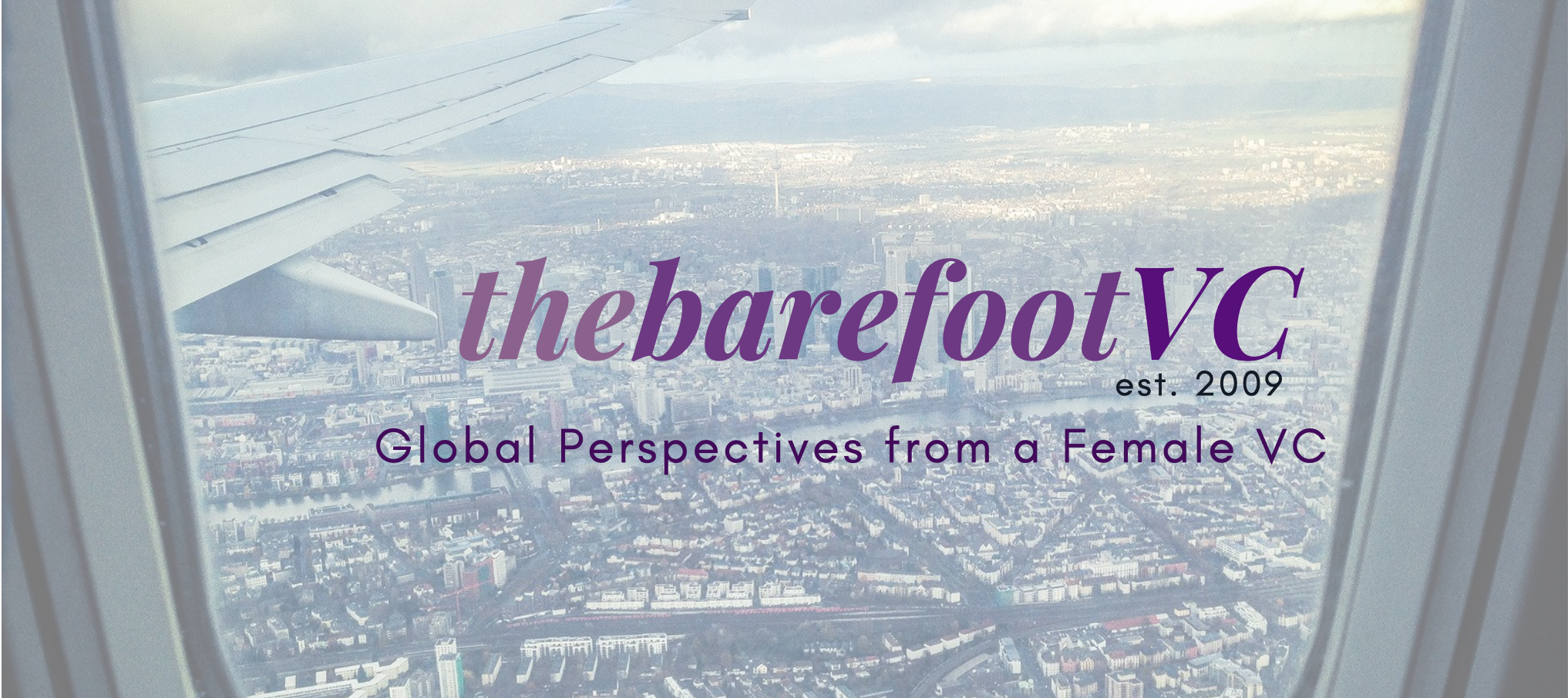Labor in the 21st Century: Cryptoeconomics, Communities and Global Markets
September 6, 2021
Today is Labor Day in the United States, a day when we are supposed to reflect on everyday people who work hard to make sure our economy works. The past two years have upended the 20th century industrial model of working – with COVID, many workers had to work from home. Another group of workers, who we called “essential workers”, which included delivery workers, grocery workers, healthcare workers and first responders continued their physical work.
Underlying some of these bifurcations was an even larger movement at play, one that only started to gain momentum in early 2021, one year after COVID forced many workers home – the emergence of a crypto economy that enables creators to connect directly with collectors of their work. Last year we had a “DeFi” summer, where peer-to-peer finance was being conducted through crypto products worldwide. Many people, some of whom who hadn’t been able to previous borrow and lend through their existing markets, were able to do so and accumulate assets; others, not satisfied with the yields they were getting in the traditional markets, turn to DeFi to increase their potential returns.
This year, we saw a markedly different demographic start trading and collecting NFTs. The growing NFT infrastructure allowed those that were not able to find markets for their art before to monetize their work through online global communities. Twitter is full of stories of artists who have been able to make hundreds of thousands of dollars off of their art, and in return become collectors of other emerging artists. The primary transaction medium for these has been Ethereum, the world’s second largest cryptocurrency behind Bitcoin.
At the same time, a company called Yield Games has created a metaverse game where players can play to earn – that is, they receive characters to play with (often via scholarships) or that they can buy, which then earn them back revenue in the form of tokens as they play the game. The Philippines and SE Asia have been the largest markets to date for Yield Games. More recently over the past few days, projects such as Loot, the N Project and Bloot emerged that distributed building blocks on the blockchain for people to create their own games and game economies.
With these examples, it doesn’t take long to see how the future of work is changing right before our eyes. This goes beyond whether or not to go to a physical office. This revolution is about allowing each individual to monetize their own unique skillsets by providing them the tools and platforms to do so.
When I launched Future\Perfect Ventures in 2014, it was on the thesis that new business models would be created from blockchain and cryptoeconomics. Exponentially larger than the business models we saw emerge from Web 1 and 2, Web 3 would allow for a more participatory economy so that all individuals would be able to benefit from these technologies, unlike Web 2, where individuals contributed their data, livelihoods and property to companies like Facebook, Uber and Airbnb and received very little in return. Over the years we’ve invested in several companies building towards a more equitable world, including Andela in 2015, which started software coding academies throughout Africa and matched talent with multinationals throughout the world. We invested Aza in 2014 (formerly Bitpesa), which was one of the first companies to provide low cost foreign exchange transactions to African entrepreneurs as well as multinationals doing business with them, utilizing a blockchain backend. More recently as tokenomics started to take hold, we invested in Braintrust in 2019, a team from Silicon Valley that has significant experience building Web 2 marketplaces. Their incentive token just launched last week, and they have thousands of freelancers on their platform (all getting charged 0% fee) that get matched with large companies. We’ve also invested in dTravel, which is building out a decentralized Airbnb utilizing tokens for both renters and owners of homes. Instead of an extractive economy, the point of all of these companies is to put more capital back into the hands of the individuals that are creating value in the marketplaces.
I have long stated that 21st century capitalism will look drastically different from 20th century capitalism, and we are seeing this transition happen before our eyes. I also believe allowing everyone to create their own livelihoods will lead to more stable economies as well as a more stable world from a geopolitical standpoint. Those that fight these movements are the ones that have benefited from being gatekeepers and creating artificial scarcity – and their days are numbered.
